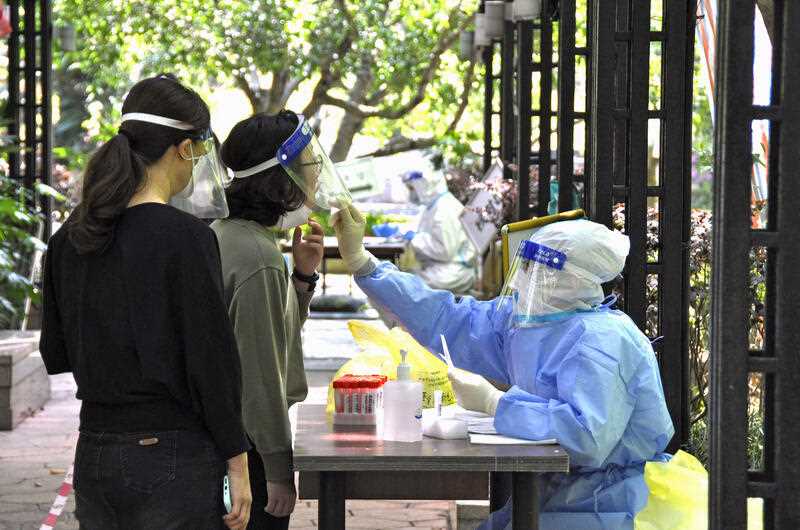Manufacturers including Tesla have begun preparing to reopen their Shanghai plants as China’s most populous city speeds up efforts to get back to normal after a nearly three-week COVID shutdown.
The shutdown and measures to control the pandemic elsewhere in the country have hurt the economy and rattled global supply chains.
Shanghai’s 25 million people have struggled with income losses, lack of steady food supplies, separation of families and poor conditions in quarantine centres.
Tesla has recalled workers to its Shanghai plant to prepare for the restart, two sources told Reuters. SAIC Motor, the Chinese partner of Volkswagen and General Motors, said it would start stress-testing its own production resumption plans on Monday.
Meanwhile, Shanghai aims to stop spread of COVID-19 outside of quarantined areas by Wednesday, Reuters cited sources as saying on Sunday, an ambitious target that would allow further easing of its lockdown.
It is stepping up testing and the transfer of positive cases and their close contacts to isolation centres to meet that target.
Shanghai’s lockdown and wider China curbs are taking a toll on the world’s No.2 economy during a key year for President Xi Jinping, who is expected to secure a third leadership term in the autumn.
Data for March released on Monday showed that consumption and employment suffered because of COVID curbs, with economists predicting a worsening overall economic outlook.
Shanghai is under pressure to deliver on China’s COVID-19 elimination strategy, which is increasingly challenged by the highly infectious Omicron variant.
Authorities have said ending community spread is essential to ending lockdowns, with the city of Shenzhen last month letting businesses get back to work shortly after reaching a similar status.
But Jin Dongyan, a virologist at the University of Hong Kong, said it would be difficult for Shanghai to make sure by Wednesday that nobody outside centralised quarantined facilities in the city is free of COVID, given that the virus can spread faster than Shanghai can identify infections using PCR tests.
Shanghai on Monday announced a new round of daily PCR and antigen tests for residents in “sealed” and “controlled” areas from Monday to Thursday, urging cooperation.
Several residents have said that they and their neighbours have collectively refused to join queues for PCR tests, some out of weariness after multiple rounds and others out of fear of catching COVID while gathering for tests.
“We hope that the majority of our citizens will continue to cooperate as always … and achieve the goal of zero-COVID at community level as soon as possible, and allow normal production and life to resume,” Shanghai health official Wu Qianyu said.
Of 21,395 new local infections Shanghai reported for Sunday, 561 were found outside quarantine areas, down from 722 on Saturday, the third consecutive decline.
Shanghai also reported that three people infected with COVID-19 died on Sunday, the first time during the current outbreak that it reported deaths among coronavirus patients, all of them elderly and with underlying health conditions.
However, numerous Shanghai residents have said that a family member had died after contracting COVID-19 during the current outbreak, but that the cases had not been included in official statistics, fuelling suspicion about the accuracy of data.
On Saturday, Shanghai officials revealed that as of April 15, only 62 per cent of residents over 60 had been fully vaccinated, and only 38 per cent had taken a booster jab. China has said that sticking to a “dynamic clearance” strategy is essential to protecting its elderly.
Shanghai has carried out more than 200 million PCR tests since March 10.
AAP



